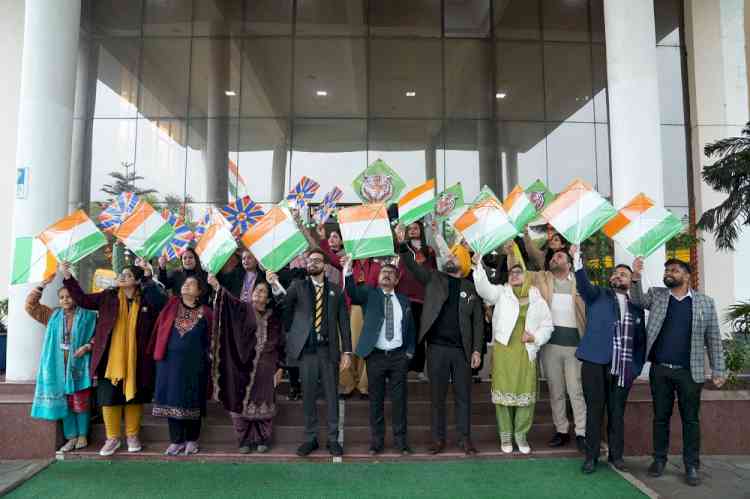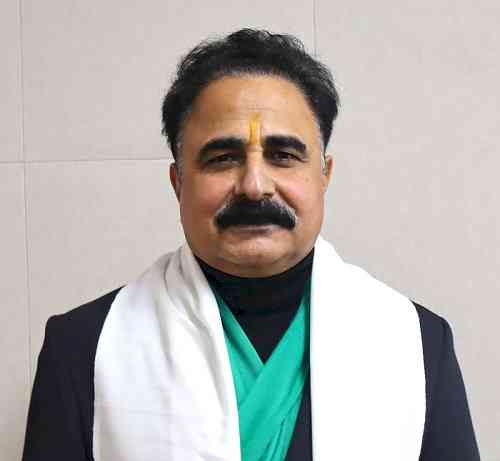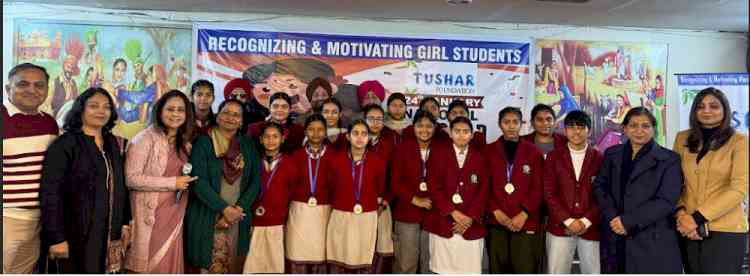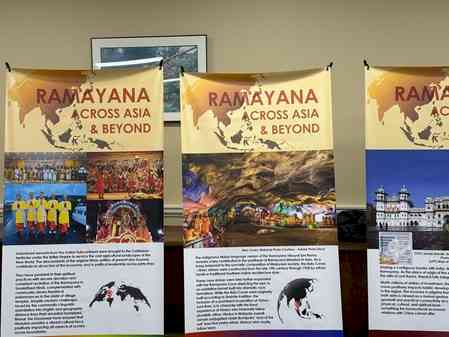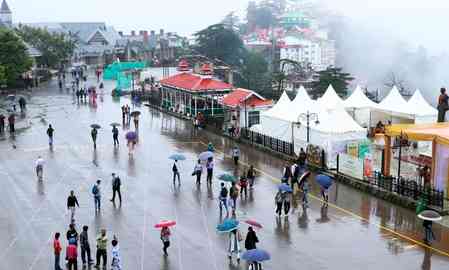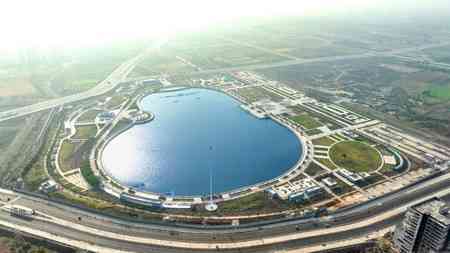Classes commence at IIM Sambalpur in online mode
The online classes will be conducted with the help of several digital tools and processes to facilitate effective learning
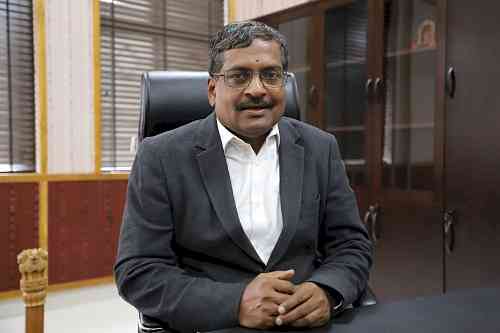
Hyderabad: After successfully completing the end term examinations of the first-year students using online proctoring systems, IIM Sambalpur, one of the most promising and dynamic management institutions among the new generation IIMs of the country, has taken yet another giant step. The classes of the MBA 2nd Year: Batch 2019 – 21 commenced from today and is being conducted completely online. Moreover, the classes of MBA 1st Year: Batch 2020 -22 will also begin in the online mode from 10th Aug 2020. The commencement of the new batch will be on the 3rd of August and induction will continue till 7th August 2020. The online classes will be conducted with the help of several digital tools and processes to facilitate effective learning.
Speaking on the occasion, Prof Mahadeo Jaiswal, Director, IIM Sambalpur, said, “The global pandemic has taught us that being innovative is the only way to lead and innovation is one of the three core values of IIM Sambalpur. IIM Sambalpur has always believed in contemporary and new age learning. Consequently, we follow a model of blended pedagogy, combining the advantages of both online and traditional classroom education. Last year, we introduced a unique concept of Flipped classrooms where we reverse the learning environment. For this method of learning, we use online platforms such as Moodle learning management systems and VC. However, owing to the present circumstances, the first term of MBA first year and fourth term of MBA second year will be conducted completely through the online mode as students are not in the campus and will take sessions from their home. Our preparedness has helped us take on these extraordinary circumstances head on.”
He further added, “Although the curriculum will remain the same, the method of delivery will change. We feel this will be more effective than traditional ways of learning as it will encourage more critical thinking and creativity amongst the students and the faculty as well. Apart from this, it will also enhance industry interactions through live projects in the classroom. In a way, students will be experiencing yearlong internships. We believe the opportunity of interaction amongst students, including with our overseas partner institutes, will increase as geographies will no longer be a hurdle.”


 cityairnews
cityairnews 
